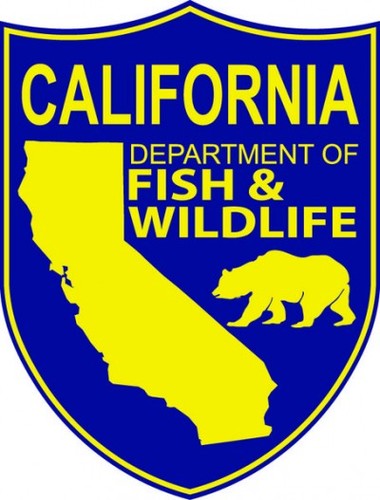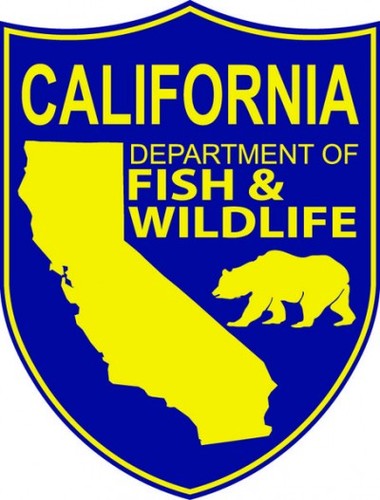Long Range Fish Report
From Sportfishing
From Sportfishing
Fish Report for 1-28-2016

Are black mussels from Bodega Bay under quarantine, too?
1-28-2016
Carrie Wilson
Question: While we were fishing from the shore in Bodega Bay last weekend I noticed a lot of beautiful black mussels on the rocks. I believe the limit is 10 lbs/person but wanted to make sure it was the safe season to eat them. Are they under quarantine for domoic acid, too? Thank you for your help!!! (Ben L.)
Answer: You are correct that the limit is 10 pounds (in the shell) for California sea mussels and bay mussels in combination (CCR Title 14, section 29.55). Mussels are not currently under quarantine. The California Department of Public Health (CDPH) monitors for natural toxins that occur along the coast that may affect wild mussels. Mussels are regularly quarantined on an annual basis, usually from May through October, because mussels are a particularly high risk species because they have the ability to concentrate toxins very quickly. When dangerous levels of toxin are detected in mussels, CDPH will begin testing other shellfish species as well for these toxins, if samples are readily available. If samples are not easily obtained, or if toxin levels are increasing rapidly, CDPH will issue a press release announcing a special health advisory for the potentially toxic seafood species in the affected area.
To check for real time advisories, go to http://www.dfg.ca.gov/marine/healthadvisory.asp.
To check for an advisory or quarantine in advance of any mussel-collecting trip, you can also call the CDPH Biotoxin Information Line at (800) 553-4133.
For more information about the annual mussel quarantine, please visit the CDPH website at http://www.cdph.ca.gov/Pages/MusselQuarantineFAQ.aspx.
Answer: You are correct that the limit is 10 pounds (in the shell) for California sea mussels and bay mussels in combination (CCR Title 14, section 29.55). Mussels are not currently under quarantine. The California Department of Public Health (CDPH) monitors for natural toxins that occur along the coast that may affect wild mussels. Mussels are regularly quarantined on an annual basis, usually from May through October, because mussels are a particularly high risk species because they have the ability to concentrate toxins very quickly. When dangerous levels of toxin are detected in mussels, CDPH will begin testing other shellfish species as well for these toxins, if samples are readily available. If samples are not easily obtained, or if toxin levels are increasing rapidly, CDPH will issue a press release announcing a special health advisory for the potentially toxic seafood species in the affected area.
To check for real time advisories, go to http://www.dfg.ca.gov/marine/healthadvisory.asp.
To check for an advisory or quarantine in advance of any mussel-collecting trip, you can also call the CDPH Biotoxin Information Line at (800) 553-4133.
For more information about the annual mussel quarantine, please visit the CDPH website at http://www.cdph.ca.gov/Pages/MusselQuarantineFAQ.aspx.
Carrie Wilson is a marine environmental scientist with the California Department of Fish and Wildlife. While she cannot personally answer everyone’s questions, she will select a few to answer each week in this column. Please contact her at CalOutdoors@wildlife.ca.gov.
< Previous Report Next Report >
More Reports
California Department of Fish & Wildlife Reports
for Thursday, January 28th, 2016
• How to Get to Shore when Boat Fishing is Closed?
• Luring fish with licorice for bait?
• Can pesky squirrels be relocated?
• Must fishing license be carried while spearfishing?

1-27-2016
The California Department of Fish and Wildlife (CDFW) reminds anglers, divers and hunters that Jan. 31, 2016 is the due...... Read More

LongRangeSportfishing.net © 2025. All Rights Reserved.
Website Hosting and Design provided by TECK.net
Website Hosting and Design provided by TECK.net